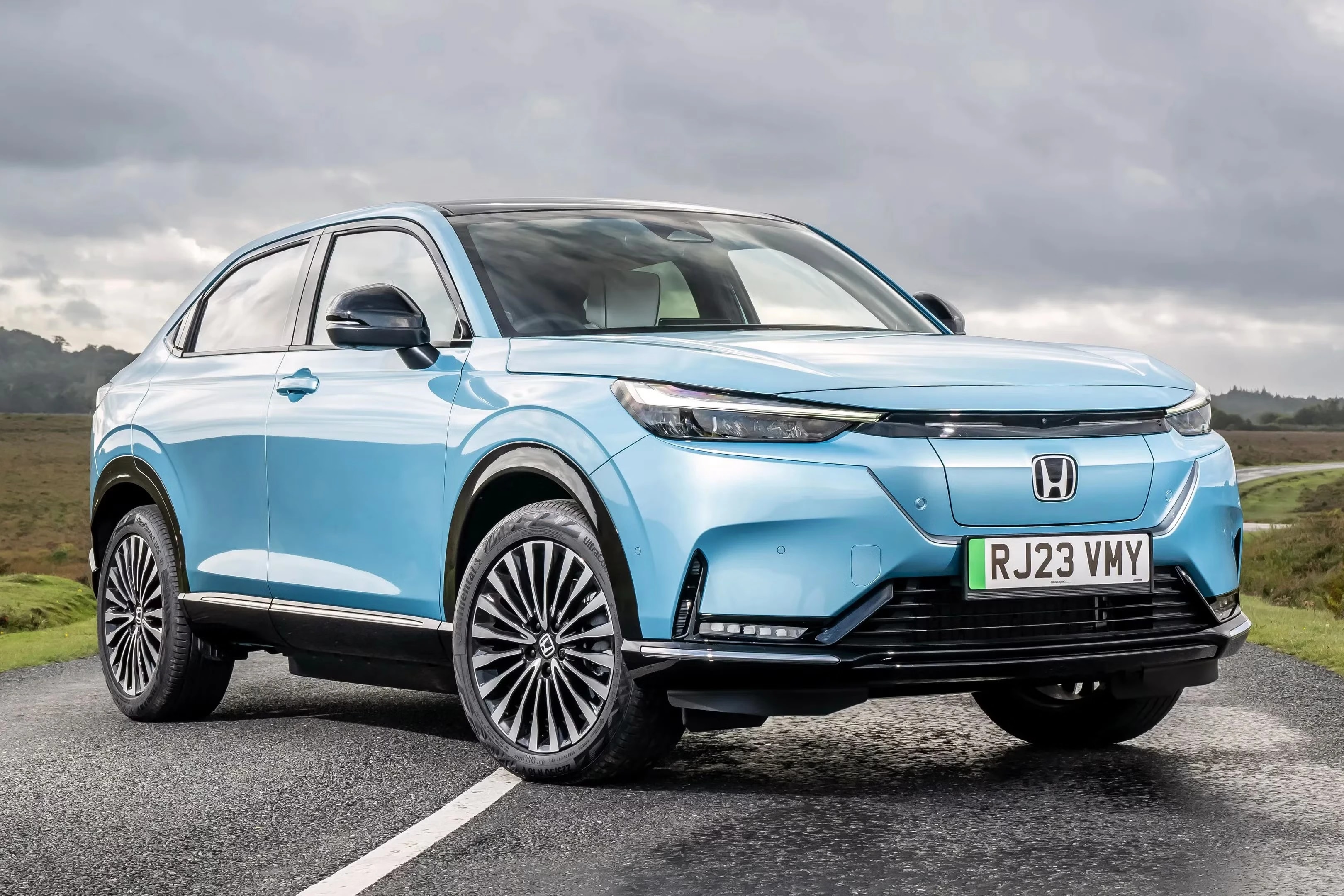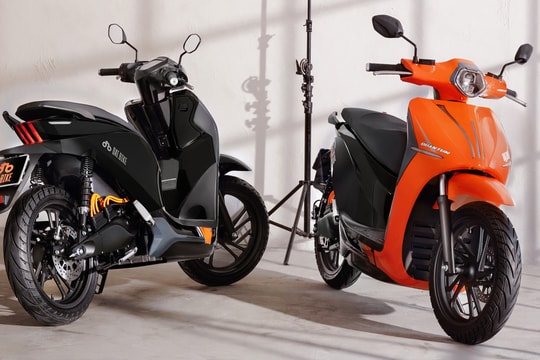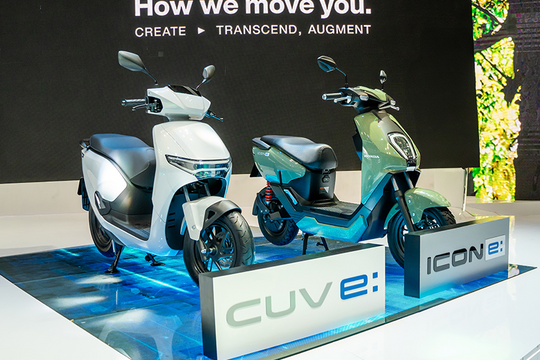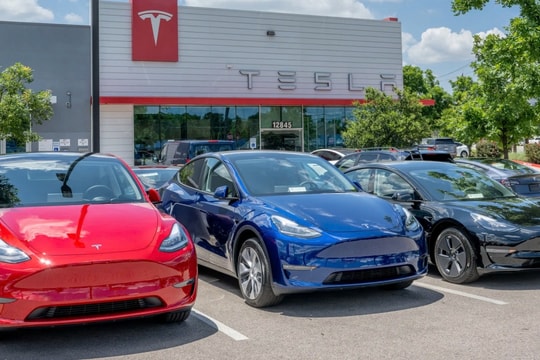The US electric vehicle market faces the risk of a sharp decline.
A new survey shows that demand for electric vehicles in the US could fall by half if the government ends tax incentives, forcing automakers to cut prices to retain customers.
The growth of the US electric vehicle (EV) market in recent years has been largely contributed by government tax incentives. However, a recent study shows that this dependence is so great that demand may drop dramatically when financial support is removed, showing that price is still the main barrier for consumers.
Financial factors determine choice
According to a survey of 2,095 adults conducted by The Harris Poll from September 23 to 25, affordability remains the top concern for 64% of car buyers. Of those who intend to buy or lease a car, about 29% said they would likely choose an electric vehicle.
Notably, the study found that for those who previously owned an electric vehicle but then switched to a gasoline or hybrid, financial incentives played a decisive role. Specifically, up to 60% of this group affirmed that they would need a subsidy of at least $5,000 to consider using an electric vehicle again. About 30% wanted incentives between $2,500 and $4,999, and only 11% were willing to accept incentives under $2,500. This figure shows that the US government's tax credit of $7,500 for new cars and $4,000 for used cars had a strong impact on purchasing decisions.

Greg Paratore, senior consultant at The Harris Poll, said that changing incentives could significantly reduce demand, but also create an opportunity for manufacturers to rebuild confidence by sharing the cost burden with consumers.
Reactions from manufacturers
Faced with the prospect of reduced purchasing power, automakers have quickly adjusted prices. Hyundai, for example, announced a price cut of $9,800 for the 2026 Ioniq 5 after it lost its tax incentives. The Korean automaker also offered an additional $7,500 in cash to customers who purchased the remaining 2025 Ioniq 5 models.

Meanwhile, Tesla has also introduced more affordable base versions of the Model Y and Model 3 to reach new customer groups. However, this price war has also had negative consequences by reducing the resale value of previously purchased cars, affecting early adopters.
The future is uncertain
Ford CEO Jim Farley has warned that demand for electric vehicles in the US could fall by as much as half if incentives are eliminated entirely. If that happens, the market share could return to around 5% in 2022, before the financial support programs were widely adopted.

The current situation shows that the relationship between American consumers and electric vehicles remains fragile and highly dependent on financial factors. The future of this market will depend largely on manufacturers' pricing strategies and their ability to reduce production costs to offer attractive products without government assistance.





